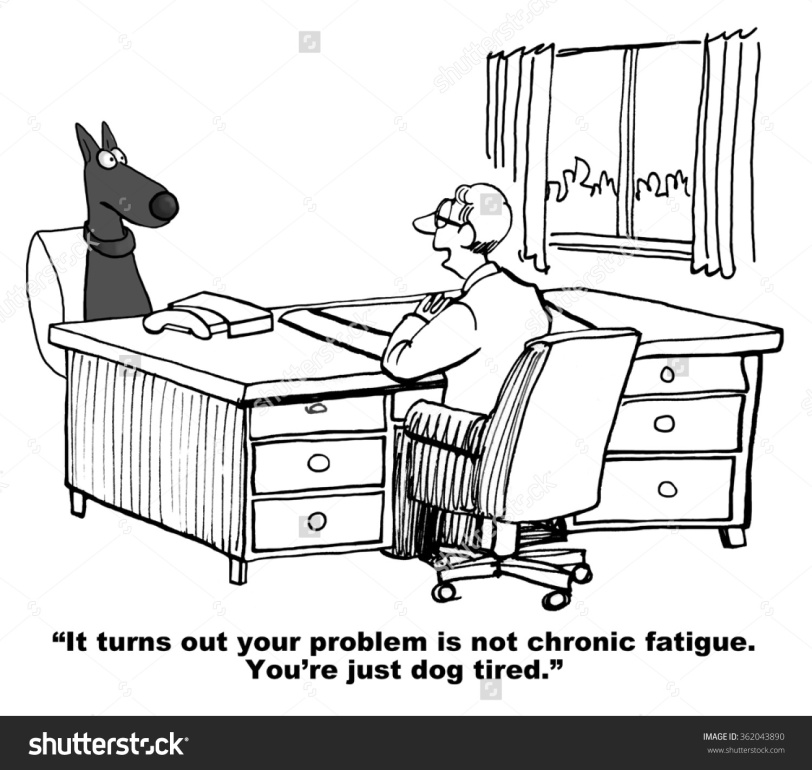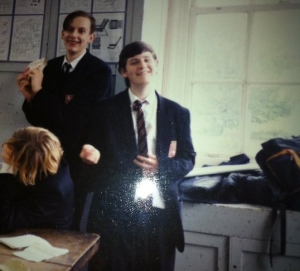I am restarting my blog about my experiences in society of being routinely discriminated against because I’m autistic. I stopped blogging at the end of 2018 because of the events with the DWP (who provide social security in the UK) and the NHS had broken me to such an extent that it’s essentially taken until now to recover. I am by all accounts not exactly the same as other autistics, I for example held a job as a nuclear safety engineer for 14 years albeit often bullied early on in my career and then later blacklisted at many organisations because of my stance on safety. I am probably not exactly the same because of my high intelligence and other neurological advantages that I have lucked out on. I do not have ADHD or any other condition other than autism, I have never had a serious mental illness or epilepsy, and I’ve never had meltdowns only shutdowns. But I have tended to suffer from so-called Medically Unexplained Symptoms, starting with IBS, MCS and finally ME/CFS which is when my problems really began.
I started to get symptoms of ME/CFS in 2011 and I carried on working becoming more and more sick until I had to give up work completely. I was only diagnosed as autistic in April 2019 but I attempted to get a diagnosis in 2006, and what I have discovered is that because ME/CFS affects your cognition and because social communication for me is much harder then I essentially became more autistic. I find that if I am tired, hungry, overly stressed or in this case sick, then I get treated much worse than I do when I’m not. I used to think that I’m marmite, that is people either loved me or hated me, but now I think when sick I get treated badly and people hate me and when I’m well people love me and treat me better than others.
I have no idea exactly what is going on but I can only assume it’s something to do with my non-verbal communication. I have looked at videos of me when I was very sick and at videos of me when I am much better and I can tell the difference, the first to me I perceive myself as vulnerable, cute and needing to be looked after, whilst the other I perceive myself as charismatic, attractive and confident. This means how people treat me is of no reflection on me, I perceive myself as needing support, but rather a damning reflection of others and our society. A society that values status, unearned respect and deference to authority, over caring for the less fortunate. So as distressing as being mistreated by society is, I like that society often shows me their true colours – I like that I get to see a part of society that most people do not get to see. I feel like I’m in Henry IV Part 1 and I am being shown how badly large sections of society are being treated mostly simply because they are poor. I of course did not used to be poor; I am only poor because I got sick, and I am not going to just put up with allistic bullshit based on fragile egos and prejudice.
On 12th October 2018, I had my health assessment with the DWP to keep my sickness benefits. The health assessor Ms Eileen Bell, a nurse, then discriminated against me because I am autistic leading to my benefits being stopped. I then experienced extreme distress leading me to break down, to order drugs of the internet to kill myself which did not arrive and to demonstrate my distress on Twitter which was noticed by others.
On 1st January 2019 I attended Manchester Royal Infirmary due to this distress having been very superficially self-harming. The nurse Ms Katrina Ray then looked and spoke to me with disgust and contempt and when I tried to get her name, she called security. I insisted on talking to the charge nurse Nigel Gillen who then proceeded to try and provoke me into being aggressive, then when that did not work, lied about me assaulting him, and when that did not have the desired effect on me, he had me ejected from the premises and then him and Ms Ray lied about me being aggressive in my medical records anyway, demonstrating that was his strategy from the start. I complained and predictably the hospital colluded with their staff and rejected my complaint, gaslit and discriminated against me further. After these events I was so distressed that I had to be rescued by my estranged parents who then made me homeless a year later.
I then moved to Sheffield on 12th November 2019 and attempted to recover from all these distressing events and of course my upstairs neighbour then proceeded to demonstrate anti-social behaviours, particularly extreme noise nuisance. I did not want to pick a fight with my neighbour whilst I was very sick so I just put up with it until I could stand it no more and made a very mild complaint about him and was told that he had already been spoken to.
On 11th August 2021, my neighbour believing I had made numerous complaints about him, assaulted me by charging at me down the steps. The police were called and of course naturally being autistic, I the victim was arrested. The perpetrator basically reversed the events which when I pointed out to the police could never be true, the investigation against me was dropped. I then successfully sued the neighbour and attempted to sue the police for discrimination. The police then persuaded the neighbour to change his witness statement in line with information I had provided to them as part of our civil legal proceedings, and I was consequently charged.
At the time of the arrest, the police failed to ensure that I had understood my rights, because the arrest triggered sensory overload so I was unable to understand anything anyone said thus the arrest was not lawful. This of course means when combined with the fabricated evidence that the prosecution has no chance of success and thus is malicious. The police therefore colluded with the witnesses against someone who is autistic – this is going to be a common theme and I will be writing more about this including from a social psychological perspective. We are it seems much less further away from fascisim, genocide, civil war or anarchy then I otherwise realised if the state throughout and those who work for the state are prepared to abuse their power repeatedly. I intend to fight this abuse by all and any means possible.
In the police station because prior to the arrest I had gone for a long walk and failed to bring enough water, I had sunstroke and dehydration, and unbeknownst to me I had medication-induced acute kidney injury, meaning that at the time I was experiencing life-threatening symptoms. In the cell, I was denied the ability to understand what the custody sergeant was saying on the intercom because he spoke too fast and thus denied adequate toilet paper and being forced to use my clothes instead, denied adequate water. This could have been fatal when combine with my kidney damage. I was also denied access to a solicitor to discuss this mistreatment. I eventually passed out in the cell from this acute kidney injury and when I awoke I had asked for medical assistance but was provided paracetamol only.
The first hearing at the Magistrates Court was on 8th September 2021 and the trial is on 31st January 2022, and I am looking forward to the events because it has allowed me to really let rip in my witness statement, and afterwards I will of course have further grounds to sue the police. There’s a lot more going on but perhaps that’s enough for now.








 I don’t really remember much about the street party for Charles and Diana’s wedding, except it being hot and me going to sleep under my parents chair feeling unwell. My parents didn’t believe me that I was unwell but I guess I had sun stroke from being in the sun all day. I remember nothing between falling asleep under the chair and waking up in the middle of the night alone and in the dark and frightened, so my parents must have carried me home asleep and left me alone at home to go out again. I was five. When I woke, I remember going into my parents room and getting into their bed petrified and hallucinating that someone was coming to get me. In the patterns you can sometimes see in the dark, I saw the shape of a man walking towards me. I was terrified.
I don’t really remember much about the street party for Charles and Diana’s wedding, except it being hot and me going to sleep under my parents chair feeling unwell. My parents didn’t believe me that I was unwell but I guess I had sun stroke from being in the sun all day. I remember nothing between falling asleep under the chair and waking up in the middle of the night alone and in the dark and frightened, so my parents must have carried me home asleep and left me alone at home to go out again. I was five. When I woke, I remember going into my parents room and getting into their bed petrified and hallucinating that someone was coming to get me. In the patterns you can sometimes see in the dark, I saw the shape of a man walking towards me. I was terrified.
 At secondary school everything only got worse and I increasingly became the butt of people’s jokes and I in turn became a bit of a bully. I was actually maturing faster than other children so was pretty strong despite my size. I remember getting into fights and falling out with everyone until by the time I went to grammar school I had no friends. Although I made new friends I didn’t really fit in and was never close to anyone, except one boy who I fell in love with soon realising that I was gay, which added further complications.
At secondary school everything only got worse and I increasingly became the butt of people’s jokes and I in turn became a bit of a bully. I was actually maturing faster than other children so was pretty strong despite my size. I remember getting into fights and falling out with everyone until by the time I went to grammar school I had no friends. Although I made new friends I didn’t really fit in and was never close to anyone, except one boy who I fell in love with soon realising that I was gay, which added further complications.